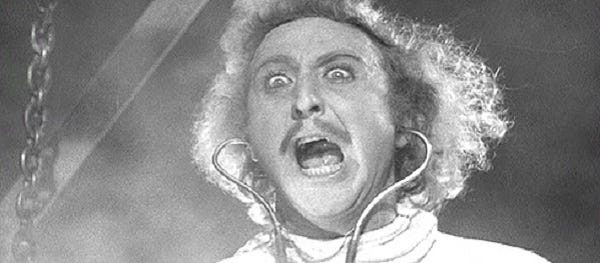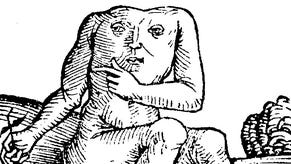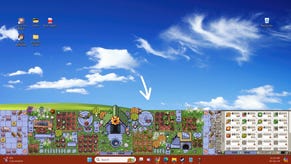It's Alive, It's Alive, It's Alive: PC Gaming
If PC gaming had actually died on the numerous occasions when somebody has fumbled for and failed to find a pulse in its mechanical innards, I wouldn't even be here to tell you that it's alive again. Thankfully, as is clear by the amount of time and money it's possible to spend in these imagined realms, the mighty PC is not only in rude health, it has a cocksure spring in its step as well. Even EA Chief Executive John Riccitiello has noticed the swagger, telling CNBC: "The fastest growing platform for video games today is the PC". Thanks, Mr Riccitiello! "...but it's growing through subscriptions, through micro transactions and through downloads." Oh criminy, this isn't just a pat on the back, is it?
Actually, it kind of is, although it's also a chance for the big cheese to talk about the business models that represent the future of the PC and it's not a game on a disc with a hefty manual in a cardboard box, although you knew that already.
"There's a lot of power in free-to-play...and by the way, for what it's worth, free-to-play is anything but free. We have lots of games that are 'free-to-play', where paying users are giving us ten, twenty, thirty dollars a month. What happens is the first game play is free, but then when you get into the game you have to pay for things."
Well, that's hardly news either, although I take a certain pleasure in the phrase, "for what it's worth, free-to-play is anything but free". EA are serious about that model though and if free-to-play games can make a decent profit, support future development and find intelligent ways to section off content, my instinctive reaction against them could definitely be nudged toward grudging acceptance. That'd be a start.
Riccitiello apparently sees the strength of PC gaming in its diversity and versatility as a platform, with digital delivery at its core. Sales tracking, he reckons, is unhelpful: "Just five years ago people said that the PC game business was in a radical state of decline because NPD said it was down 10 percent, 20 percent, 30 percent, year-in year-out." Because of the new models, sales aren't accurately tracked and false messages can emerge.
There's also a mention of The Old Republic and the recognition that a subscription model "is challenging" in a "free-to-play world", but what I take away from this is that if a company as broad and established as EA can see the benefits of the platform, there's space for a thousand other interpretations of its strengths. Steam, Linux, the return of bedroom programmers, indie bundles, Kickstarter...it goes on and on.
There are so many exciting, infuriating, contrary and confusing avenues to explore in PC gaming at the moment that the one thing we don't need to be told is how alive it is. And it doesn't live or die on the say-so of any Chief Executive because it's not hooked up to any machine; this thing's got a life of its own.
Via CVG.









